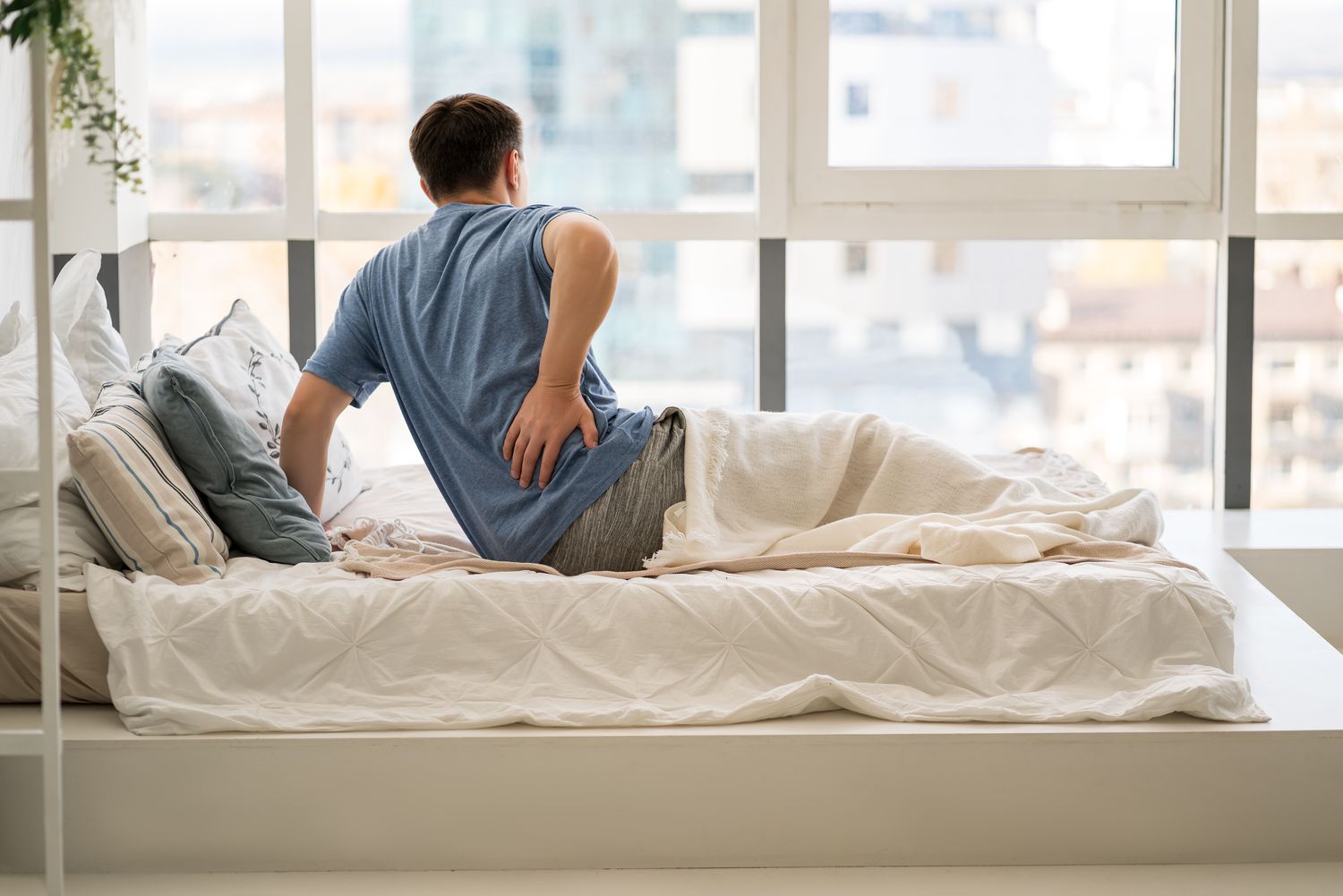Indicators and Manifestations of Kidney Stones (Renal Calculi or Nephrolithiasis)

A kidney stone—also known as renal calculi or nephrolithiasis—is a hard deposit typically made from calcium, salts, and other minerals that build up in your urinary tract and form in the kidney. As a stone develops, you may experience uncomfortable symptoms like pain in your back and stomach, nausea, blood in the urine, and fever.
Some kidney stones can remain in your kidney, never cause symptoms, and pass without any medical treatment. However, some can grow large in size which may require surgery or other treatment options. Until you receive the proper treatment for your kidney stones, you may still experience symptoms until the stones leave your body. That's why knowing the symptoms of a kidney stone is important—so you know when to reach out for the care your body needs.
Kidney stones often vary in size. Generally, the larger a kidney stone is, the more discomfort it can cause. One of the hallmark signs of a kidney stone is pain, which typically occurs when a stone begins to pass through your kidney, bladder, or urethra.
Pain related to a kidney stone can range from mild to debilitating. The more severe the pain, the more likely the kidney stone is larger in size. Where you experience the pain can also vary: some people have pain in their lower back or sides, while others notice discomfort in their stomach, groin, or pelvic region.
When the kidney stone passes through your urinary tract, it can block your ability to urinate (pee) and cause severe and sudden pain. This pain is known as renal colic. Aside from extreme pain, you may also experience the following symptoms associated with renal colic:
Kidney stones can affect your body's ability to urinate, which can increase your risk of developing an infection. This can happen because urine isn't able to pass through your system and may back up into your body, causing bacteria to multiply and cause infection symptoms.
If you develop an infection due to your kidney stones, you may experience the following symptoms alongside the pain associated with the stones:
It's important to note that your risk of developing an infection is usually low if you have uncomplicated kidney stones—which are small kidney stones that your body is able to pass on its own.
Because kidney stones affect your urinary tract, it's common to experience urinary changes. These changes may include:
Research suggests that more children are experiencing kidney stones today than in past decades. Children with a family history of kidney stones are also at a greater risk for developing stones. If your child develops a kidney stone, they may experience:
About 11% of men and 9% of women will experience kidney stones in their lifetime. Symptoms of a kidney stone can vary from mild to severe. In some cases, your kidney stones can pass on their own, while others require medical treatments.
If you suspect you have kidney stones or may be at risk for developing them, it's important to reach out to your healthcare provider for immediate medical attention. You should seek care if you are experiencing any of the following symptoms:
These symptoms may mean that you have a larger, obstructing stone or an infection that requires medical intervention. So don't wait to get tested—see your healthcare provider as soon as you can to prevent complications from occurring.
Kidney stones are hard mineral deposits that form in your urinary tract and kidney. While some stones cause severe pain, others may not cause any pain at all. Generally, the larger the stones you have, the more noticeable the symptoms. You might experience symptoms such as stomach and back pain, nausea or vomiting, fever, or urinary changes such as blood in the urine.
Sometimes symptoms of a kidney stone can mimic the symptoms of other conditions such as a urinary tract infection, ectopic pregnancy (when a fertilized egg implants outside the uterus), or testicular torsion (where the testicle rotates and affects blood flow to the scrotum). Seeing a healthcare provider can help you confirm if your symptoms are caused by a kidney stone and help you get the treatment you need to reduce symptoms.




